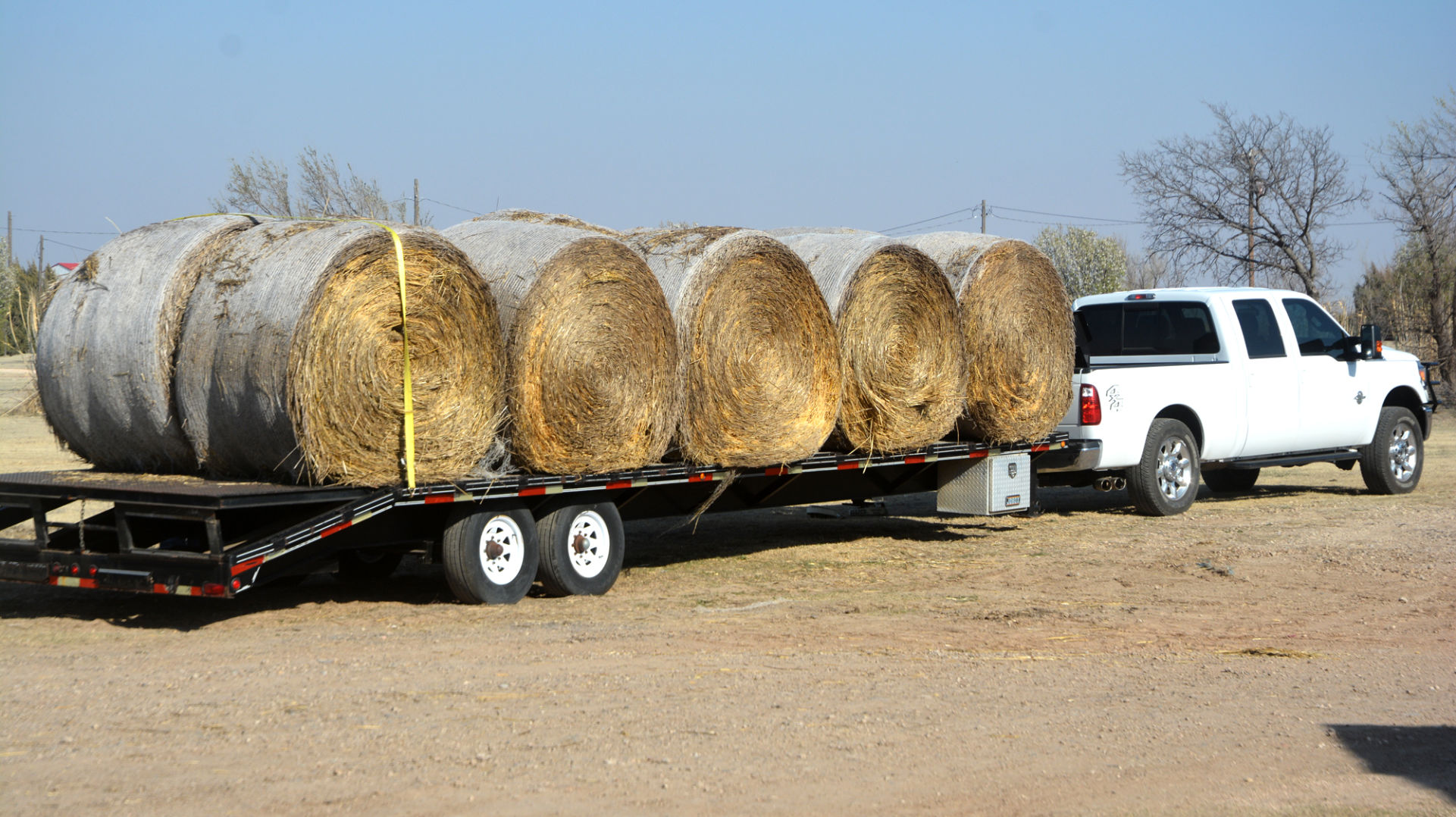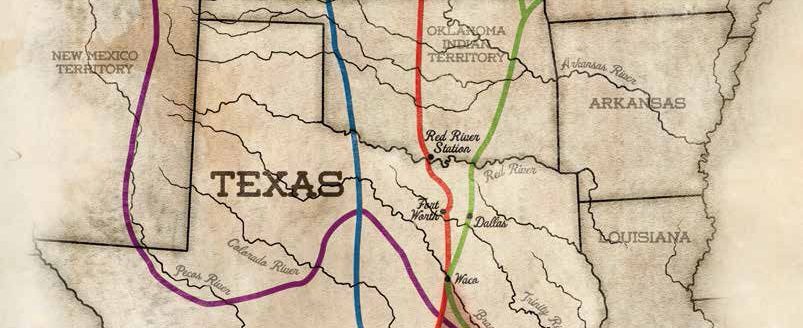AgriLife Extension law specialist offers clarification of ELD exemptions

Concern in the agricultural industry about the impact of new regulations regarding electronic logging devices, passed by the Federal Motor Carrier Safety Administration, has prompted a Texas A&M AgriLife Extension Service specialist to co-create an outline addressing common concerns.
Tiffany Dowell Lashmet, AgriLife Extension agricultural law specialist in Amarillo, and Elizabeth Rumley with the National Agricultural Law Center, intend for the outline to help drivers determine whether the new regulations apply to them when driving a pickup hauling a trailer.
The outline can be found at https://t.co/CBFflFeIFq.
The regulations require certain vehicles hauling property, including livestock and horses, begin utilizing an electronic logging device, or ELD, and comply with certain hours of service limitations, Lashmet said.
“This has been a particular concern for persons hauling animals a long distance, such as those involved in rodeo or livestock shows,” Lashmet said. “Our goal with this outline is to help people walk through the various considerations and exceptions that must be considered in determining whether these requirements may apply.”
Currently, there is a 90-day waiver in place excluding “the transportation of agricultural commodities” from the new hours-of-service and electronic logging device regulations. This would apply to persons hauling commodities, as well as livestock and horses, and will be in place until March 18, Lashmet said.
A person relying upon this waiver should carry a copy of the waiver and present it to safety enforcement officials, she said. A copy of the waiver may be found at http://bit.ly/2EMopmH.
“There has been some incomplete information out there regarding when these regulations will apply,” Lashmet said. “There are a number of different exemptions that can apply to a person, which would make the regulations inapplicable. And, just because one exemption does not apply, another might.”
For example, she said, if a vehicle meets the definition of a “covered farm vehicle,” then the driver does not need a commercial driver’s license or CDL and does not need an electronic logging device.
Alternatively, if the “covered farm vehicle” exception does not apply, there is an exception to the electronic logging device requirement for “occasional transportation” of property if the person is:
Not being compensated for transporting the property; and
And, transportation is not done in the furtherance of a commercial enterprise, meaning any prize money is declared as ordinary income for taxes, the underlying activities are not deducted as a business expense for tax purposes and there is no corporate sponsorship.
Additionally, there are other issues drivers should consider when determining if the regulations apply, including the need for a CDL or the need to keep records of duty status, or RODS. There are numerous exemptions for both, which is why Lashmet and Rumley created the outline to try to simplify the search.
For example, a rodeo athlete living in San Antonio who is going to travel to Oklahoma City to compete in a rodeo may be required to have a CDL and ELD and keep RODS.
In this instance, the “covered farm vehicle” exception to the CDL requirement would not apply as the athlete would be traveling out of state and more than 150 miles, so a CDL would be required. And the “covered farm vehicle” exception to the ELD requirement would not apply for the same reasons.
Further, the occasional transportation exception likely would not apply because most athletes in this situation would deduct underlying expenses from taxes and many may have corporate sponsorships. As a result, the only potential exception left would be if the person was not required to keep paper RODS for more than eight days during a 30-day period.
“This would likely depend on how many trips the driver had taken and where the trip destinations were, within the last month,” she said.
Livestock exhibitors would be another example. Assume a person in Amarillo has a vehicle with a gross combined weight rating or gross vehicle weight rating over 26,001 pounds is headed to a stock show to exhibit cattle. If the exhibitor hauls to Houston, he or she would not be required to have a CDL if the farm vehicle exception applies—farm tags are required on the vehicle—because the travel would be in-state. However, if the same vehicle was headed to Denver, a CDL would be required because it would be out-of-state and more than 150 miles.
With regard to an ELD, one would likely not be required if the “occasional transportation exception” applies, meaning the exhibitor was not deducting expenses for tax purposes or if the driver was not required to keep paper RODS more than eight days out of a 30-day period.
“It is important drivers carefully analyze all of the applicable regulations to determine what action they may need to take in order to comply,” Lashmet said.

